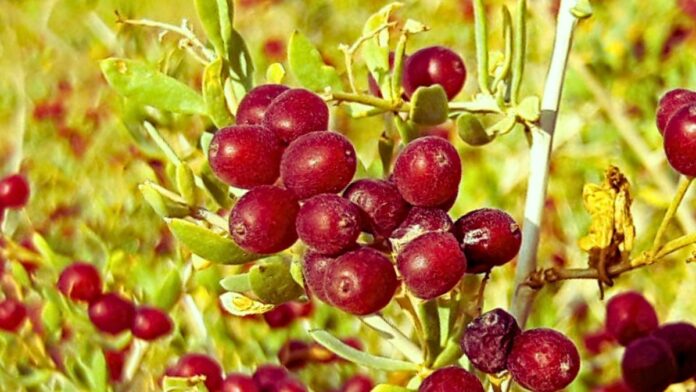In the arid landscapes of China, Mongolia, and Iran grows a humble shrub called Nitraria roborowskii Kom. (NRK), bearing tiny red berries that have long been prized in traditional folk medicine. Now, scientists believe these little-known fruits hold powerful secrets for combating type 2 diabetes.
Laboratory tests on diabetic mice reveal that a concentrated extract of NRK berries not only normalizes blood sugar levels but also dramatically improves fat metabolism and reduces the oxidative stress often associated with the disease. Importantly, this positive effect extends beyond just managing symptoms; it appears to address the root metabolic imbalances at play in diabetes.
This comprehensive approach is rare in single medications, suggesting that NRK extract acts more like a reset button for the body’s energy regulation. As organic chemist Huilan Yue from the Northwestern Institute of Plateau Biology explains, this could mean treating diabetes holistically rather than just focusing on blood sugar control. The potential benefits might even reach beyond diabetes to other conditions involving insulin resistance.
The research team, led by Di Wu at Qinghai University in China, tested NRK extract against a common diabetes drug, metformin, in mice genetically predisposed to type 2 diabetes. A high-sugar, high-fat diet coupled with injections of streptozotocin (a chemical that damages insulin-producing cells) induced the diabetic condition in these animals.
After seven weeks of treatment, remarkable changes were observed. The NRK extract significantly lowered blood glucose levels by 30-40%, effectively reversing the damaging effects of diabetes on lipid profiles (cholesterol and triglycerides), insulin sensitivity, and overall metabolic function. Mice receiving the extract showed significant improvement compared to those given metformin or no treatment at all.
Crucially, NRK protected vital organs like the liver and pancreas from the detrimental impacts of uncontrolled diabetes, highlighting its potential for long-term health benefits. While further research is needed before human trials can begin, these findings offer a glimmer of hope that a natural remedy rooted in ancient wisdom could play a crucial role in tackling this increasingly prevalent global health challenge.



























